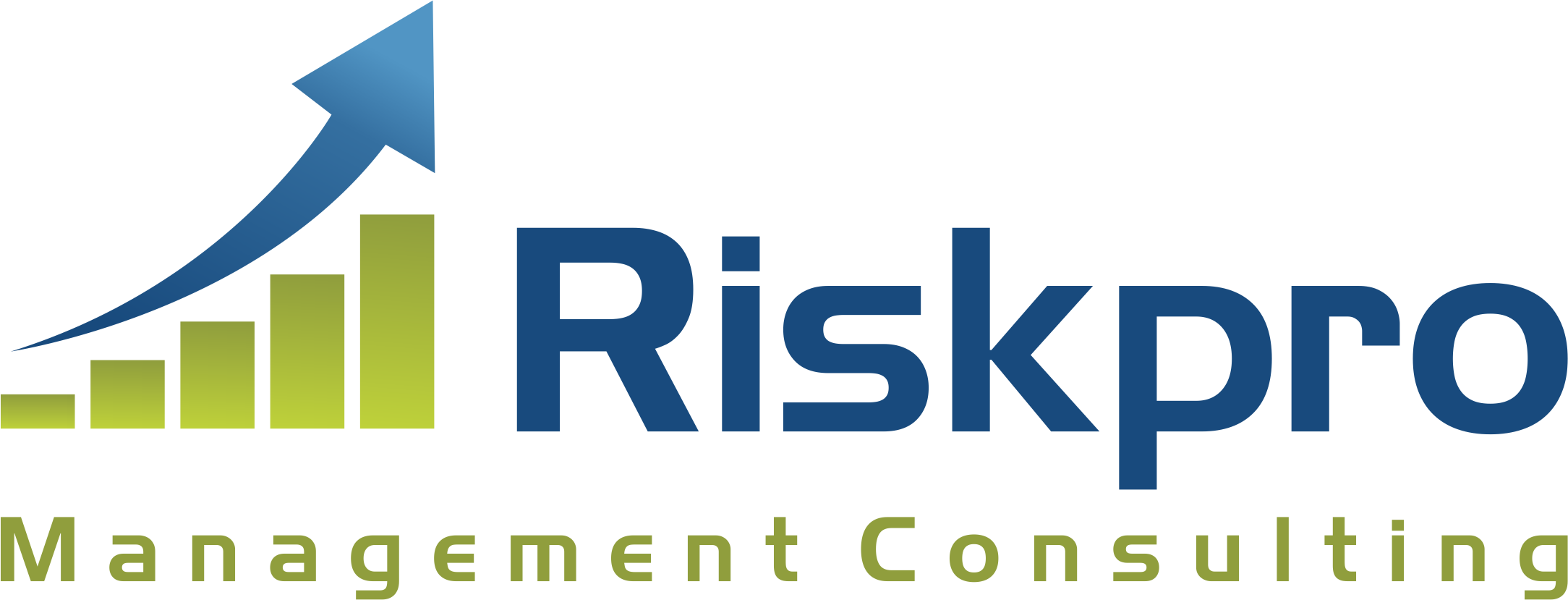Due diligence is a crucial process that involves researching, analyzing, and verifying the accuracy of financial and non-financial aspects of a business. Its main objective is to reduce risk to a substantially low level and ensure that all stakeholders have knowledge of the company’s performance.
The term “due diligence” originated in the business world when there was a need to validate financial statements. This process is followed during an Initial Public Offering (IPO), merger and acquisition, sanctioning of loans, investment in a new business, venture capital funding, and divestment.
During an IPO, specific corporate officers are responsible for the proper completion of the process, including the issuer, issuer’s counsel, underwriters, CFO, and brokerage firm offering shares. The process involves a neutral, unbiased analysis of the current financial state and future prospects of the firm.
Due Diligence of Borrowers
In banks, due diligence refers to the process of verifying the financial and non-financial aspects of a loan proposal. When a borrower approaches a bank for a loan, the bank asks for various documents and information that show the borrower’s financial stability. This process is also called Pre-disbursement Due Diligence. The bank then analyzes this information to determine whether the borrower has the financial capacity to repay the loan.
In some cases, when banks have to open accounts for Heightened Risk Customers such as Politically Exposed Persons, they are required to complete the process of Enhanced Due Diligence.
During the due diligence process in banks, the bank may also verify the borrower’s credit history, employment history, and any other relevant information. This is done to reduce the risk of default on the loan and to ensure that the bank is lending to a financially stable borrower. Our team has experience of 20+ years in doing the due diligence for the borrowers.
M&A Due Diligence
M&A due diligence is the process of evaluating the financial and non-financial aspects of a business that is being considered for merger or acquisition. The goal is to thoroughly analyze the target company and identify any potential risks or liabilities that could impact the success of the deal.
The due diligence process is typically carried out by a team of specialists from the acquiring company, who reviews a wide range of documentation, including financial statements, tax records, contracts, intellectual property, and other important documents.
The team will also conduct interviews with key employees and stakeholders to gain a better understanding of the target company’s operations, culture, and strategic goals. The findings from the due diligence process are used to inform the decision to move forward with the merger or acquisition and to negotiate the terms of the deal.
In the cross border deals the need for FCPA Due Diligence is also growing significantly. There are cases where FCPA has been the reason for the cancellation of the Merger or acquisition.
When a new idea evolves in an individual’s mind, the venture capitalist performs due diligence on the person and verifies the future viability of the business before investing. The same process occurs during business expansion when the existing business wants to grow.
Third-Party Due Diligence
Third-party due diligence is the process of evaluating and assessing the risks associated with a company’s relationships with third-party vendors, suppliers, contractors, and other business partners. This type of due diligence is important because a company’s third-party relationships can expose it to various risks such as financial, legal, operational, and reputational risks.
The third-party due diligence involves a thorough investigation of the third-party company’s business practices, financial stability, and reputation. It may include verifying their compliance with laws and regulations, analyzing their financial statements, reviewing their contracts and legal documents, and conducting background checks on their key personnel.
The Riskpro team has built the capability to assess the complete portfolio of the vendors or suppliers and give consolidated reports to the management.
Components of Due Diligence
- Background checks: This involves verifying the identity of the third-party and checking their criminal record, litigation history, and financial history.
- Financial reviews: This involves analyzing the financial stability of the third party, including their credit rating, financial statements, and any outstanding debts.
- Compliance reviews: This involves checking whether the third party is complying with relevant laws and regulations, including anti-bribery and anti-corruption laws.
- Reputation checks: This involves checking the reputation of the third party in the industry and among their peers.
- Site visits: In some instances conducting physical inspections of the third-party’s facilities to check their operational capabilities and compliance with health and safety regulations.
- Reference checks: This involves contacting the third party’s clients and customers to obtain references and feedback on their performance and reputation.
Overall, due diligence is an essential process that helps businesses reduce risk, make informed decisions, and ensure the accuracy of financial and non-financial aspects. It involves a thorough examination of all aspects of the business and is critical in the success of a company.

